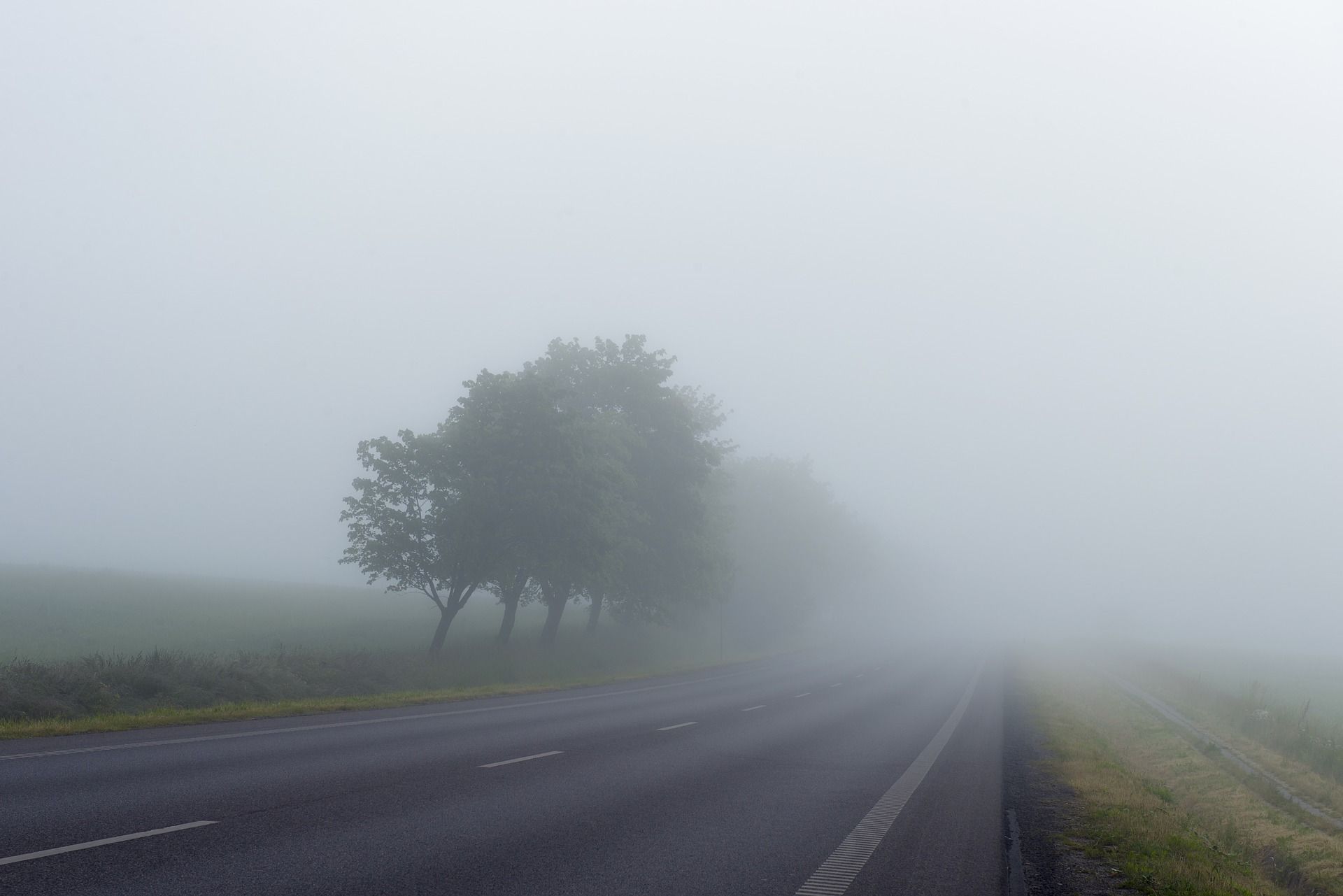Fog complicates defense: Russians advance deeper into Pokrovsk
12 November 16:07
Dense fog has allowed Russian troops to advance further into the key strategic city of Pokrovsk in eastern Ukraine, "Komersant Ukrainian" reports, citing the BBC.
ukraine’s 7th Air Assault Corps claims that weather conditions, particularly dense fog, prompted Moscow to intensify its efforts. The Russians are trying to bring more troops into the destroyed city to surround the Ukrainian units.
The Russian army has been trying to capture Pokrovsk for more than a year, and Ukrainian President Volodymyr Zelenskyy says fog has facilitated Russian attacks and the situation remains difficult.
A video that went viral on social media shows Russian soldiers entering the city in the fog on civilian cars and motorcycles. The video was striking because the cars were very shabby, as were the motorcycles, and many observers compared it to footage from the sci-fi action movie Mad Max about battles of the future.
The BBC confirmed the location of the video as the southern outskirts of the city on the Selidove-Pokrovsk highway.
For several days, fog has prevented Ukrainians from conducting aerial reconnaissance, says a soldier with the call sign “Goose” from the Dovbush Hornets unmanned systems unit of the 68th Brigade.
That is why, according to him, the Russians even “dared” to launch an assault with a convoy of vehicles that would normally be immediately destroyed by Ukrainian drones.
The Ukrainian soldier also told the BBC that his unit regularly detected and destroyed small Russian groups trying to advance on foot and motorcycles.
He added that his unit was also involved in repelling the attack shown in the viral video allegedly filmed on Sunday.
The convoy was partially destroyed, Gus claims, but due to weather conditions there was no video surveillance of the repulsion, so he is not sure if the entire group was hit.
the 7th Corps claims that there are 300 Russian soldiers in Pokrovsk, although this figure was first announced by Zelensky last Wednesday. The video suggests that this number has likely increased since then.
According to the Ukrainian monitoring group DeepState, Russian troops appear to be approaching most areas of Pokrovsk. Some observers say the city’s fall is inevitable.
Most areas of the city are now in a gray zone, which neither side fully controls, says Gus.
“We can hold our positions in one building, but the enemy can be in the next. They are trying to get behind our backs,” he says.
Moscow is trying to encircle Pokrovsk and neighboring Myrnohrad by creating a “cauldron.” Even if its lid is not closed, the Russians can constantly shell all the ways in and out of it with drones.
To prevent such an encirclement, Ukrainian forces pushed the Russians back from the villages of Suvorove and Rodynske in the eastern part of the cauldron, creating a larger gap between the Russian flanks.
Russian troops are trying to block logistical routes to support Ukrainian troops in Pokrovsk. They are attacking the supply routes not only remotely with drones and artillery, but also by sending soldiers in ground assaults, a Ukrainian drone pilot told the BBC.
This tactic is called infiltration, and it has been quite successful, says Ukrainian military analyst Kostyantyn Mashovets.
He argues that Russian troops have targeted Ukrainian FPV pilots, so they do not have sufficient resources to detect the movements of smaller Russian groups.
In urban environments, Russian soldiers sometimes infiltrate by disguising themselves as locals or Ukrainian military, Mashovets said.
Their main goal is to cause chaos among Ukrainian defenders, after which the main Russian army forces advance, he adds.
The Kremlin is also trying to advance in other parts of the frontline – in Kupyansk in the northeast and in Zaporizhzhia region in the south.
Viktor Tregubov, a spokesman for the Joint Forces Operation, denied Moscow’s claims that they had managed to surround Kupyansk, but admitted that Russian troops were present in the south of the city and that the situation there was difficult.









